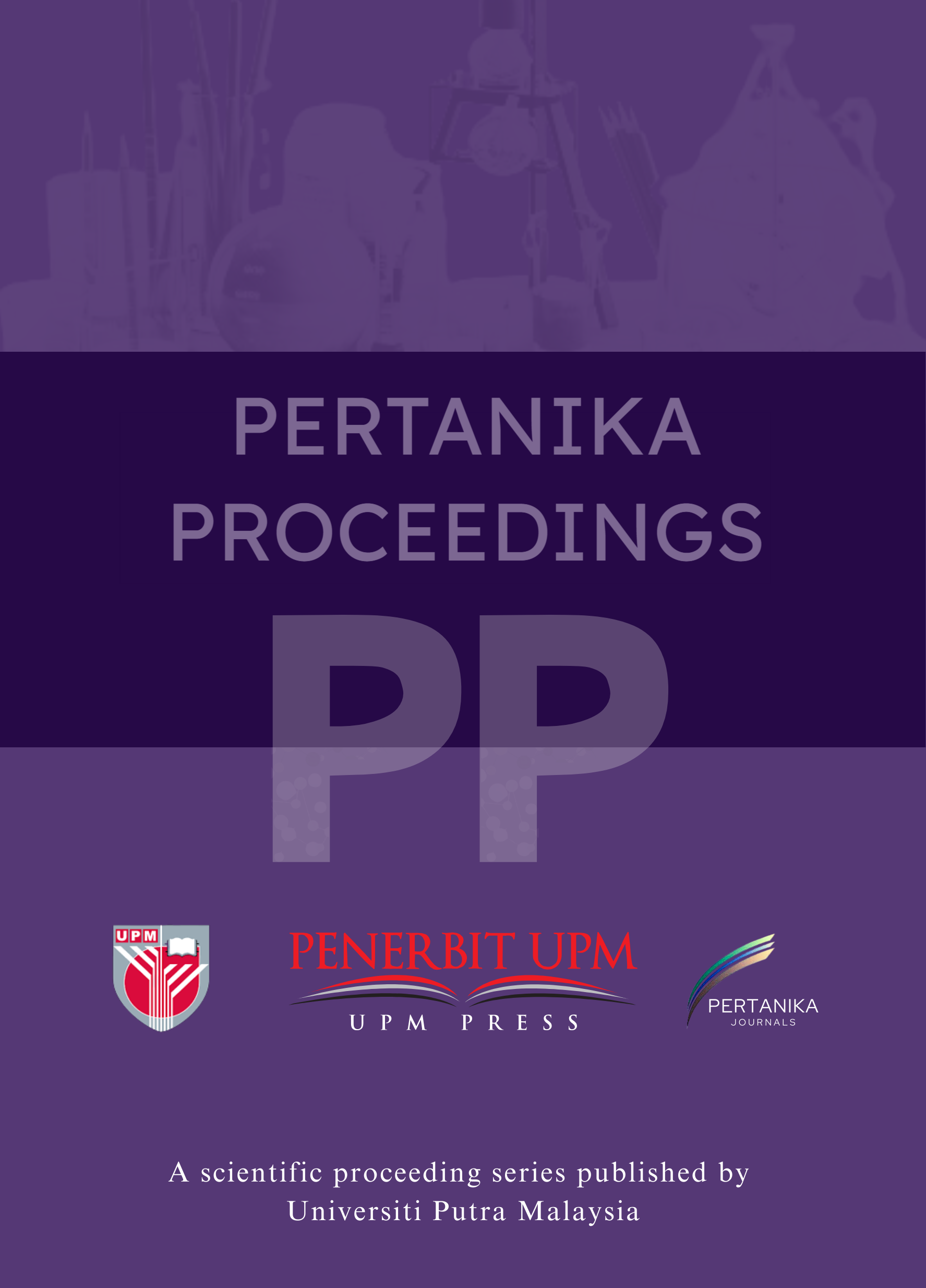PERTANIKA PROCEEDINGS
PEER REVIEW PROCESS
Information for Conference Organisers
The Pertanika Proceedings requires proof of an appropriate peer review process by the conference committee. The most common types of peer review conducted are single-anonymous and double-anonymous reviews.
- In single-anonymous, the names of the reviewers are not shared with the author. However, the reviewers are aware of the author's identity.
- In double-anonymous, neither the author nor the reviewers know each other's identity.
All committees must complete a form describing how the papers were peer-reviewed by providing at least two review reports for each manuscript. This information will be published as part of the proceedings. The conference committee must ensure the review process follows the criteria set by Pertanika.
Authors and committees must also agree to comply with Pertanika’s Code of Ethics to meet all the usual quality standards for proceeding publication.
Information for Reviewers
Reviewers must follow the following criteria during the peer review process:
- Scope: Is the paper appropriate for the scope of this conference?
- Novelty: Is this original material distinct from previous publications?
- Validity: Is the study well designed and executed?
- Data: Are the data reported, analysed, and interpreted correctly?
- Clarity: Are the ideas expressed clearly, concisely, and logically?
- Compliance: Are all ethical and publication requirements met?
- Advancement: Is this a significant contribution to the field?
- English Accuracy: Is the paper competently written and presented in clear and concise grammatical English?

